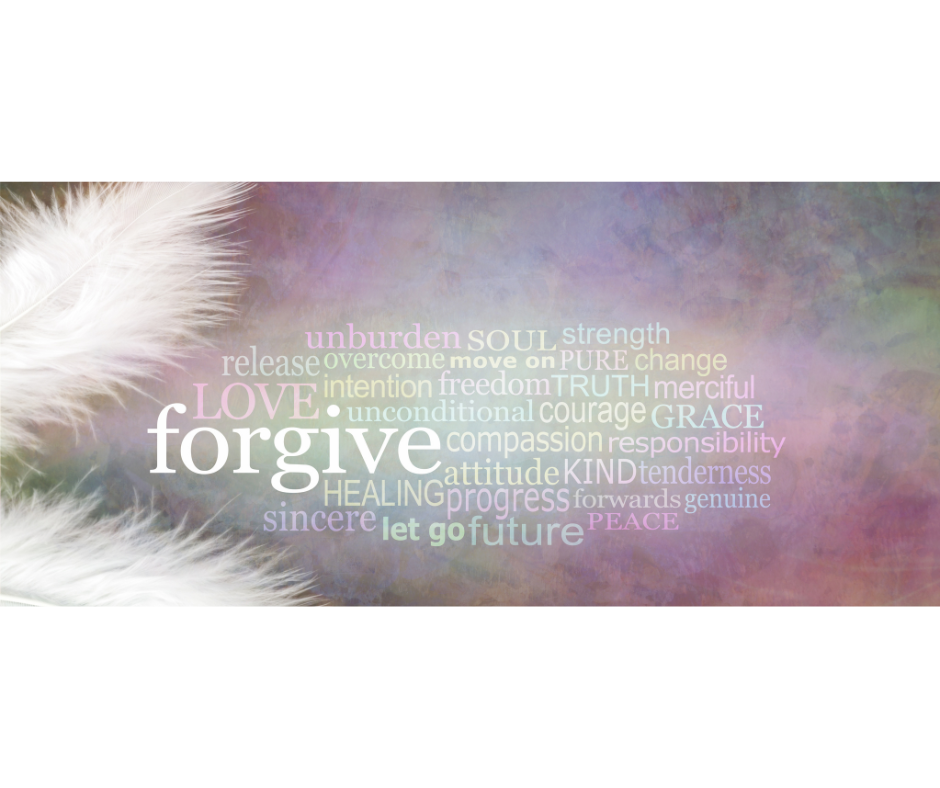
How to Forgive Someone Who Has Wronged You
Forgiveness can be challenging, especially when the offender offered either an insincere apology or worst there were no apology at all. However, it’s often the healthiest path forward.
A great model, put forth by psychologist Robert Enright, defines four steps of forgiveness. The first is to uncover your anger by exploring how you’ve avoided or addressed the emotion. The second is to decide to forgive. Begin by acknowledging that ignoring or coping with the offense hasn’t worked, and therefore forgiveness might provide a path forward.
Third, promote forgiveness by generating compassion for the offender. Reflect on whether the act was due to vicious intent or circumstances in the offender’s life. Lastly, release the unhealthy emotions and reflect on how you may have grown from the experience and the act of forgiveness itself.
How to conquer resentment?
Resentment can sometimes linger for years, even if we believe that we have “forgotten about it.” To release resentment, reflect on why the person may have committed the offense, sit with the pain, and then try to forgive the other person, because forgiveness can instill a sense of strength that overpowers bitterness.
How do I forgive my partner for cheating on me?
The decision to forgive an affair is deeply personal. A key component is for the partner who had the affair to be honest from that moment forward to rebuild trust in the relationship. This may involve exploring the reasons for the affair to address underlying problems in the future.
How to forgive our self
Forgiving another person is one thing. How about when we did a mistake? It’s important to be responsible for our mistakes, but intense guilt and shame aren’t a productive outcome in the long run.
The process of self-forgiveness can be a painful challenge, but it is also very important. The way to forgive our self owns up to one’s mistakes, understanding why they occurred, and helping to remedy the situation.
How do I forgive myself for past mistakes?
Start by recognizing that we are at fault and take responsibility for the hurt we caused. Reflect on why the event occurred and identify how to avoid a similar offense. Then forgive our self by focusing on the thought, saying it aloud, or writing it down. Apologize to the person you wronged and make it up to them.
Why is harder to forgive our self?
Mistakes often become attached to underlying beliefs about ourselves, such as “I always say the wrong things” or other limiting belief. Self-forgiveness can require these beliefs to be identified and addressed first. This difficulty and others make self-forgiveness especially challenging.
Let us help you with the forgiveness process through hypnotherapy session
